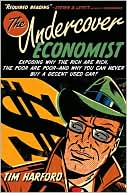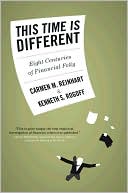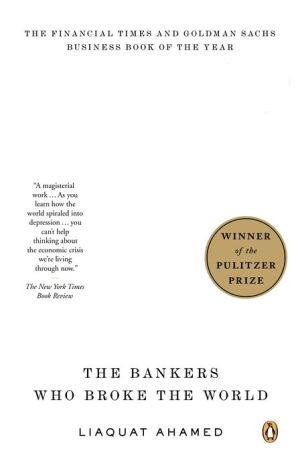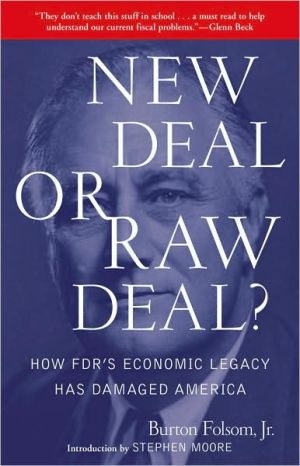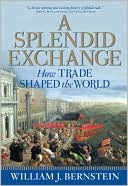Undercover Economist: Exposing Why the Rich Are Rich, the Poor Are Poor and Why You Can Never Buy a Decent Used Car!
Search in google:
An economist's version of The Way Things Work, this engaging volume is part field guide to economics and part expose of the economic principles lurking behind daily events, explaining everything from traffic jams to high coffee prices. The Undercover Economist is for anyone who's wondered why the gap between rich and poor nations is so great, or why they can't seem to find a decent second-hand car, or how to outwit Starbucks. This book offers the hidden story behind these and other questions, as economist Tim Harford ranges from Africa, Asia, Europe, and of course the United States to reveal how supermarkets, airlines, and coffee chains--to name just a few--are vacuuming money from our wallets. Harford punctures the myths surrounding some of today's biggest controversies, including the high cost of health-care; he reveals why certain environmental laws can put a smile on a landlord's face; and he explains why some industries can have high profits for innocent reasons, while in other industries something sinister is going on. Covering an array of economic concepts including scarce resources, market power, efficiency, price gouging, market failure, inside information, and game theory, Harford sheds light on how these forces shape our day-to-day lives, often without our knowing it. Showing us the world through the eyes of an economist, Tim Harford reveals that everyday events are intricate games of negotiations, contests of strength, and battles of wits. Written with a light touch and sly wit, The Undercover Economist turns "the dismal science" into a true delight. Library Journal Can a book explaining serious economics also be entertaining? World Bank economist and Financial Times magazine columnist Harford (coauthor, The Market for Aid) shows us how. He starts by asking why the price of a cup of cappuccino is expensive at shops near commuter-frequented locations. Using that example, he explains scarcity power and then goes on to show how imperfect information on the buyer's or the seller's part can interfere with markets as diverse as used cars and insurance. Harford uses accessible scenarios to explain how price targeting can extract additional profit from consumers, what externality charges are, and how comparative advantage is the driving force behind free trade. He says that a lack of market freedom hampers development in poor countries like Cameroon. Readers will also find out why organic tomatoes are almost never found next to regular tomatoes at the supermarket, who really benefits from tariffs, and how China became an overnight economic success. A great choice for all public libraries, Har-ford's informative and engaging book will also be useful for undergraduate academic collections.-Lawrence R. Maxted, Gannon Univ., Erie, PA. Copyright 2005 Reed Business Information.
1Who pays for your coffee?52What supermarkets don't want you to know313Perfect markets and the "world of truth"614Crosstown traffic795The inside story1096Rational insanity1377The men who knew the value of nothing1558Why poor countries are poor1779Beer, fries, and globalization20110How China grew rich231
